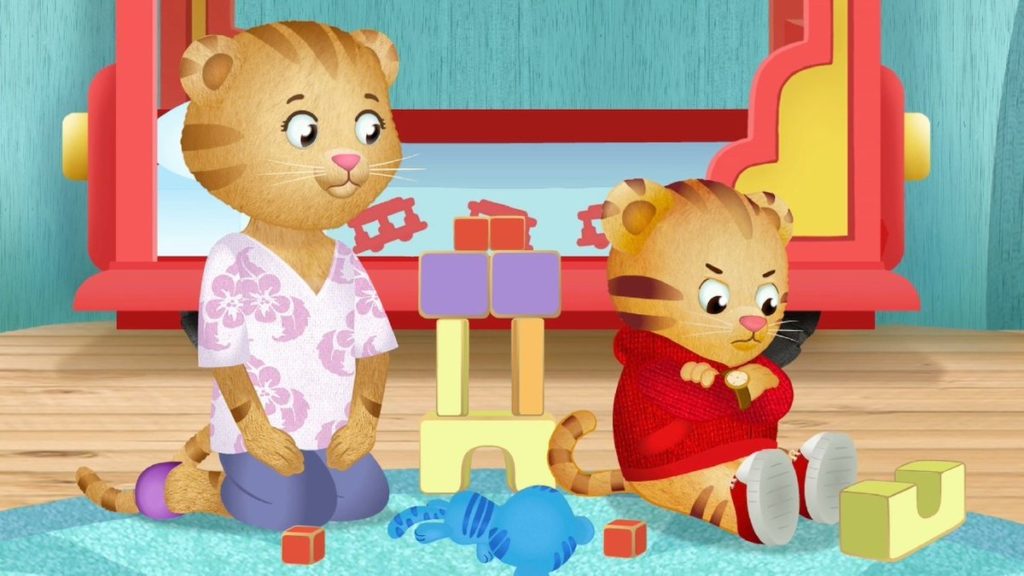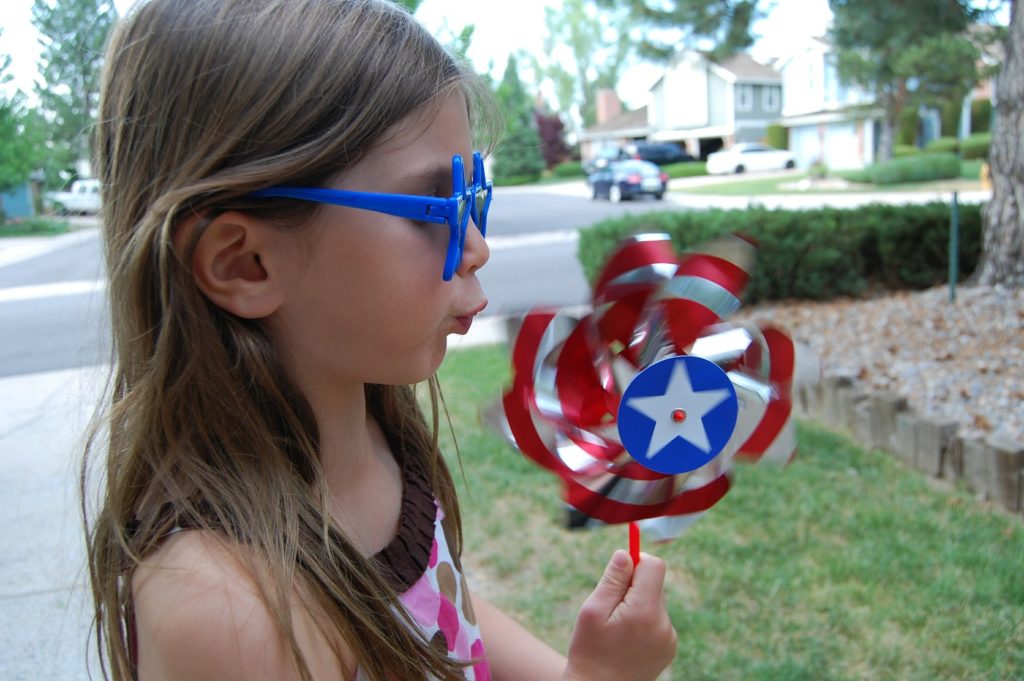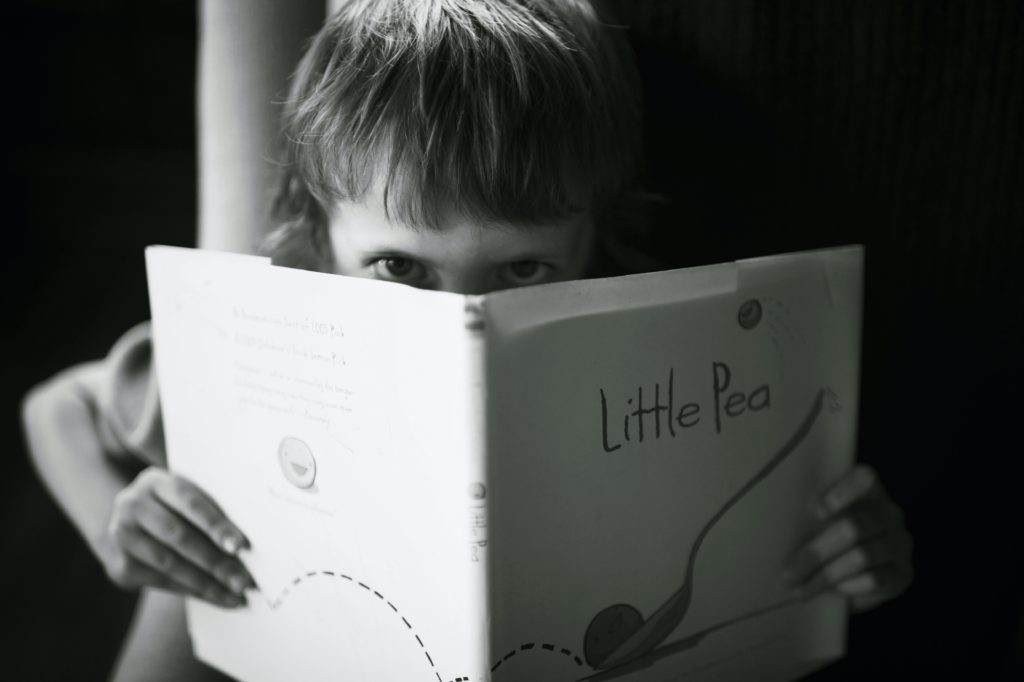First some good news. You have a strong willed, expressive little human on your hands. I know that’s probably not super comforting right now because you might be ready to tear your hair out. Just know – those traits are going to pay off some day. And now on to the more short-term issue at hand. How to stop a temper tantrum in those strong willed kids?
Why do kids have tantrums in the first place?
This is important for determining how to deal with them. And while I am no expert, I’ve done A LOT of research (tantrums in the middle of a street in a foreign country with every local staring at you will do that). And that research basically led into the knowledge that it’s important to understand why your kids are having tantrums so you can figure out what’s going to work to solve it.
The most common reason for tantrums is that young kids are filled with all these big feelings, but they don’t know how to express them quite yet. And when they feel frustrated, parents will come in on their white horse and save the day, never really letting the kids learn how to calm themselves. No judging – we’ve done this plenty (honestly sometimes it’s hard not to just give in, so you have to constantly remind yourself of the long game). But if you teach calm down strategies for kids to handle their frustrations, well, you’ll have strong willed kids that are also set up for success.
First the things that haven’t worked so great for us

I definitely need to start this off by saying the obvious: every kid is different and will respond to different approaches. Again with the not so comforting advice because when you’re in the midst of an epic tantrum, all you want is the solution. Also been there and I didn’t want to hear all the BS solutions. But they aren’t really BS solutions. It’s just that different things work for different people. I’ll tell you the 3 calm down strategies that have shown the most promise for us. But it may be something else for your kids. As challenging as it is, experimentation is the best approach here. And to prove we didn’t skip this step, these are the things we experimented with that didn’t work for our 4 year old:
- Counting to 10 – she thought it was silly and it almost made here more upset. An instant failure.
- Rationalizing – it’s pretty well backed by most experts that kids don’t respond well to logic. They deal more in emotions, so rationalizing was a bit of a fruitless exercise for us.
- Bribes – yep, we’ve done it. And I’d be lying if I said we didn’t have little slip ups occasionally where we use bribes. The ipad, snacks, playing with friends. Whatever it is, we’ve probably used it to end a tantrum at some point. But as easy as they are in the moment, they are SO bad in the long run.
- Telling her to take a deep breath – even most adults want to flick you in the head when you respond to a moment of frustration with “take a deep breath”. Nope. But a variation of them to come.
And now: how to stop a temper tantrum
I would like to take the credit for these, but give credit where credit is due. These were suggestions that came straight from our pediatrician and daycare leader. And truthfully without these calming techniques, we’d probably still be slinging fruit snacks to put an end to the madness.
1. Take a step back and ask for help
Brainstorm and play to their strengths. Don’t do this exercise in the midst of a meltdown, but take some time to sit and talk with your little one about what are some things that always make them feel better that they could do when they feel frustrated. Our daughter LOVES to sing, so on the list for us – sing a song. For others this could be read a book or draw a picture. Figure out what works for your kiddo and fits with their interests. Things that aren’t rewards like screen time.

We have to give a huge shoutout to Daniel Tiger because he actually supplied us with the song. There was this one episode that we came across and it was for this exact purpose – teaching kids how to deal with frustration. In it he sings “take a step back and ask for help”. Because our 4 year old loves to sing, we made this into a calming technique to stop temper tantrums. Now we sing “take a step back and ask for help” to remind her that all she need to do is ask for help when she’s feeling frustrated. It’s genius!
I can’t say it works like a charm every time, but it definitely is a great tool to remind her of her own calm down strategies.
2. Smell the flower, blow out the candle
I realize you are probably thinking “what the heck, are those even words”. This strategy we learned from our daycare teacher. And it’s actually pretty genius. I can say that in a humble way as I take absolutely no credit for coming up with this idea. So how does this have anything to do with solving temper tantrums and how is this at all a calming down strategy for kids?

When you tell a kid “try and calm down” or “take a deep breath”, you aren’t really speaking their language. I mean, even as adults we don’t always like to hear those phrases. Truthfully, kids are looking for simplicity and words they can relate to. Enter: smell the flower, blow out the candle. This is a technique for kids to learn deep breathing in a way that suits them. In a moment of frustration, you ask your kids to pretend they are smelling a flower and then blowing out a candle. When we have it nearby, we even use a pinwheel for the blow out the candle part. It’s become somewhat of a comfort item. This phrase helps your kiddo take a deep breathe in and exhaling but keeping it kid-friendly. And that’s it. Honestly, it’s a way to encourage deep breathing without using those terms. Speak their language and it will make a huge difference!
3. The ignore approach
If neither of the two previous calm down strategies work to stop a temper tantrum and you need a third calming technique for your kids, this one is a little rough around the edges. It’s our go-to last resort, but most of the time it works. It took us a long, long time to realize paying attention to temper tantrums only reinforced the behavior (4 years and still going). And this could be positive “If you stop crying, we can go to the playground” or negative “only babies cry”. Kids will take your attention either way in the middle of a tantrum (thought they probably prefer the former approach over the latter).

It’s the easy way out when you’re trying to figure out how to stop and temper tantrum because you just want to end it as fast as possible. So, that’s what we did in most cases. And to be straight with you all, there are times when we cave and still do it. So don’t feel bad if that’s you. But we are also so much better now at the ignoring approach. If it sounds cold, it’s really not. This was actually our pediatrician’s recommendation (a good strategy for the bedtime routine too). We just tell her we’ll talk to you when you’re ready to be kind. And that’s it. Usually our 4 year old comes out within 10 or 15 minutes and apologizes. But, if you continue doing things like offering bribes, consoling, yelling, or giving in to demands, it will only further encourage the behavior. So try this one out! And it may take a few tantrums to really settle in, so don’t give up after the first try.
And some more good news
This is the part where I say, if you are trying to figure out how to stop a temper tantrum and you are at your wits end wondering why other kids don’t act like that, well they do. Even your neighbor’s kids who appear to be perfect angels all the time. And because when you are in the middle of an especially intense period of tantrum-ing you just want a little reassurance you aren’t alone – this is it. We’ve had our fair share of epic tantrums and continue to have some pretty epic tantrums. We had a two-nager, then a three-nager, now a four-nager.
And I certainly didn’t write this to pretend it’s smooth sailing for us, which I think some things you ready will make calm down strategies sound super simple for kids. Like give them a hug and all will be good again. But that’s not reality for a lot of people. It takes constant trial and error, especially as they are growing and learning so much. So give these a try and hopefully you will have success with them. Even if you can tame those little fires down a teeny, tiny bit, we’ll call that a win!
Popular toddler articles
How to encourage independent play in toddlers
